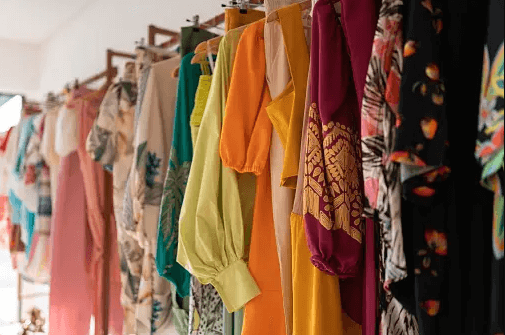Which class of RV is most popular?
Embarking on a journey to explore the great outdoors and create lasting memories often involves the decision to purchase a recreational vehicle (RV). For many, the allure of the open road, the convenience of a home on wheels, and the freedom to choose one’s own destinations make owning a used RV an attractive option. However, navigating the world of used RVs requires careful consideration and informed decision-making. In this comprehensive guide, we will walk you through essential steps and considerations to ensure you make the right choice when purchasing a used RV.
1. Define Your Needs and Budget
Before diving into the world of used RVs, it’s crucial to have a clear understanding of your needs and budget. Are you looking for a compact camper van, a cozy travel trailer, a spacious fifth wheel, or a luxurious Class A motorhome? Each type of RV offers unique features and amenities to suit different preferences. Additionally, determine your budget range, factoring in not only the purchase price but also ongoing maintenance, insurance, and potential upgrades.
2. Research, Research, Research
Arming yourself with knowledge is the key to a successful used RV purchase. Begin by researching different RV brands, models, and years known for their reliability and quality. Online forums, RV enthusiast websites, and customer reviews can provide invaluable insights from experienced RV owners. Keep an eye out for common issues associated with specific models and what to look for during inspections.
3. Inspection and Condition Evaluation
When you’re considering a specific used RV, a thorough inspection is non-negotiable. If you’re not confident in assessing the vehicle yourself, consider hiring a professional RV inspector. Inspect the exterior for any signs of water damage, rust, or wear and tear. Inside, examine the appliances, plumbing, electrical systems, and overall cleanliness. Pay close attention to the condition of the tires and brakes, as these are crucial for safe travel.
4. Mileage and Usage
While low mileage might be seen as an indicator of a well-preserved RV, it’s important to consider how the vehicle was used. RVs that have been driven regularly and maintained tend to be in better condition than those that have sat unused for extended periods. Ask the seller about the RV’s travel history, storage conditions, and maintenance records.
5. Dealer vs. Private Seller
Deciding whether to buy from a dealer or a private seller is a critical choice. Dealerships often offer a wider range of options, certified pre-owned programs, and sometimes even limited warranties. On the other hand, private sellers might offer more personalized insights into the RV’s history and care. Regardless of your choice, ensure that you conduct due diligence, especially if you’re buying from an individual.
6. Negotiation and Pricing
Negotiating the price of a used RV is a common practice. Armed with the information you’ve gathered during your research and inspection, you’ll be better prepared to negotiate a fair deal. Be open to compromise and ready to walk away if the terms don’t align with your budget or expectations.
7. Vehicle History and Title Check
Just like when buying a used car, it’s essential to obtain a vehicle history report for the used RV you’re interested in. This report will provide insights into the RV’s past, including accidents, title issues, and other red flags. A clean title and comprehensive history report give you peace of mind that you’re making a sound investment.
8. Test Drive and Familiarization
Before finalizing your purchase, take the used RV for a test drive. This allows you to experience its handling, comfort, and performance firsthand. During the test drive, pay attention to any unusual sounds, vibrations, or handling issues. Additionally, ensure that you’re comfortable with the RV’s controls and systems, as each model can have unique features and layouts.
9. Financing and Insurance
If you’re not purchasing the used RV outright, explore your financing options. Many dealerships offer RV financing, but you can also explore options through banks, credit unions, or online lenders. Additionally, don’t forget to obtain insurance coverage for your RV. Insurance will protect you financially in case of accidents, damage, or theft.
Conclusion
Purchasing a used RV is a thrilling step toward a world of adventure, exploration, and unforgettable experiences. By defining your needs, conducting thorough research, and diligently inspecting potential vehicles, you can make an informed decision that aligns with your budget and lifestyle. Whether you’re a first-time RV owner or a seasoned traveler, this comprehensive used RV buying guide equips you with the tools you need to find the perfect home on wheels and embark on journeys of a lifetime.




